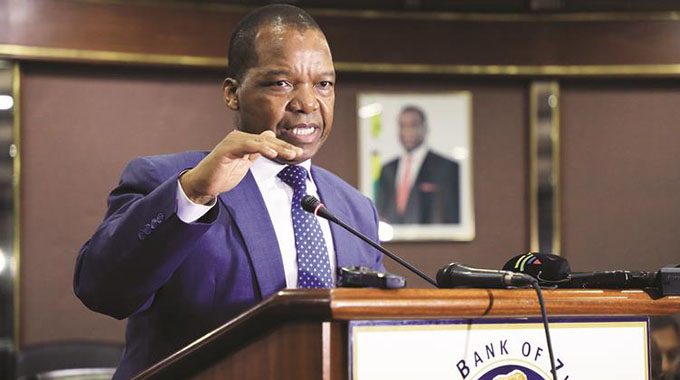Covid-19 threatens Africa’s economy

Martin Kadzere Senior Business Reporter
Livelihoods of nearly 20 million Africans in both formal and informal economic sectors are under threat due to severe disruptions being caused by the coronavirus pandemic, according to a latest report by the African Union (AU).
Declared a pandemic by the World Health Organisation (WHO) on March 11 2020, coronavirus has become a global emergency, given its devastating effects on the entire global population and the economy.
The crisis caused by the coronavirus pandemic, is plunging the world economy to depths unknown since the Second World War, adding to the woes of an economy that was already struggling to recover from the pre 2008 crisis.
Beyond its impact on human health (materialised by morbidity and mortality), coronavirus is disrupting an interconnected world economy through global value chains, which account for nearly half of global trade.
The pandemic has also resulted in abrupt falls in commodity prices, fiscal revenues, foreign exchange receipts, foreign financial flows, travel restrictions, declining of tourism and hotels, frozen labour market among others.
The spread of the virus has reached 50 African Union member states: 7 028 cases, 561 recoveries and 284 deaths; and is showing no signs of slowing down. Africa, because of its openness to international trade and migration, is not immune to the harmful effects of coronavirus, also known as Covid-19. According to the AU report, nearly 20 million jobs in Africa are threatened if the situation is not contained.
“The destruction of value chains, the lockdown of the population and the closing of restaurants, bars, retailers, informal commerce etc, would lead to a disruption in many informal activities,” the report noted.
About 10 associations representing informal players in South Africa, have appealed to the Government to provide financial assistance to people whose economic activities have been disrupted as a result of the deadly pandemic.
Some countries like Morocco are already setting up mechanisms to support households.
“Given the size of the informal sector in Africa, government should immediately take measures to support people making a living out of it.
“Supporting the informal sector, not only will it ensure effectiveness of measures to limit the spread of the disease and support household consumption, but it will also limit the risk of social unrest. In the medium and long run, African governments should support the formalisation of informal sector with emphasis on social protection extension to the sector’s workers. In the formal sector, employees of airlines and companies involved in tourism will be the most affected, in the event of non-support from the African governments.”
The Covid-19 pandemic has hit most African countries and appears poised to worsen dramatically. The disruption of the world economy through global value chains, the abrupt falls in commodity prices and fiscal revenues and the enforcement of travel and social restrictions in many African countries are the main causes of the negative growth.
Exports and imports of African countries are projected to drop by at least 35 percent from the level reached in 2019. Thus, the loss in value is estimated at around US$270 billion.
To fight the spread of the virus, medical treatment will lead to an increase of public spending in Africa estimated to be at least US$130 billion. Tourism will be heavily affected by Covid-19 with the generalisation of travel restrictions, closing of borders and social distancing.
International Aviation Travel Agency estimates the economic contribution of the air transport industry in Africa at US$55,8 billion dollars, supporting 6,2 million jobs and contributing 2,6 percent of Gross Domestic Product.
These restrictions affect international airlines including African giants Ethiopian Airlines, Egypt Air, Kenya Airways and South African Airways. The first effects will result in the partial unemployment of airlines staff.









Comments